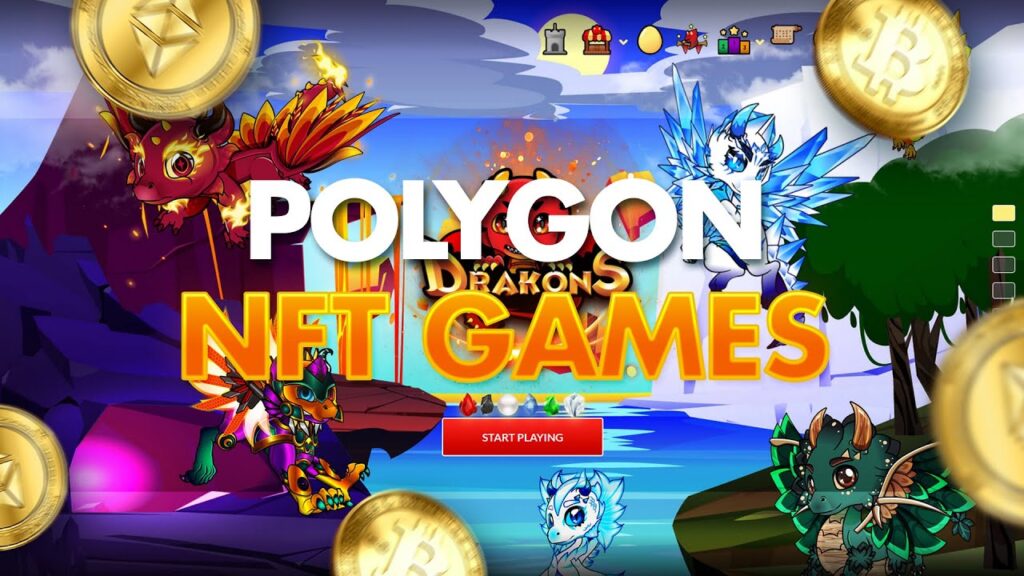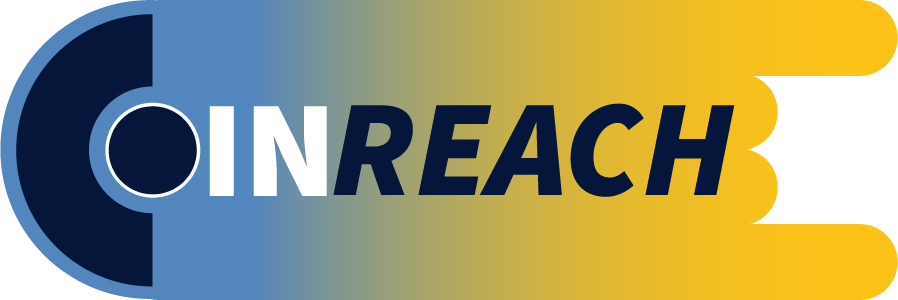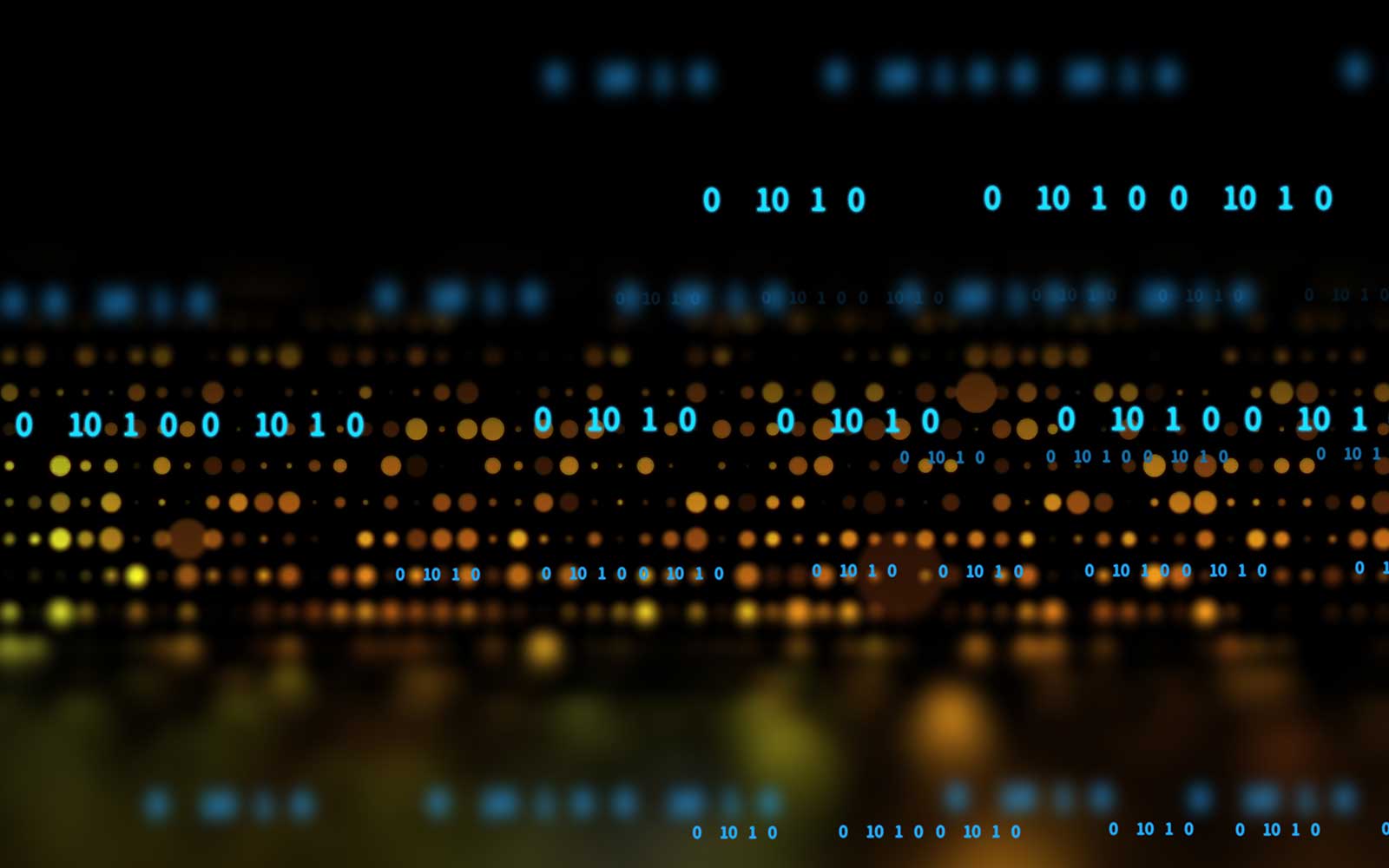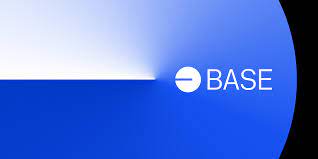Polygon is a decentralized Ethereum scaling platform that enables developers to build scalable user-friendly dApps with low transaction fees without sacrificing on security. It was launched in 2017 and the cryptocurrency token uses the symbol “MATIC”. Polygon / MATIC are often referred to as a “Layer 2” solution of Ethereum blockchain, similar to the relationship between VISA and banks.
MATIC is Polygon’s native cryptocurrency. This is an ERC-20 token, a token created on the Ethereum blockchain. This token manages and secures the Polygon network and pays the network’s transaction fees. MATIC is a cryptocurrency with limited supply, capped at 10 billion.
Polygon was co-founded by Jayanti Kanani, Sandeep Nailwal, Anurag Arjun and Mihailo Bjelic. The platform currently supports over 7,000 blockchain-based projects.
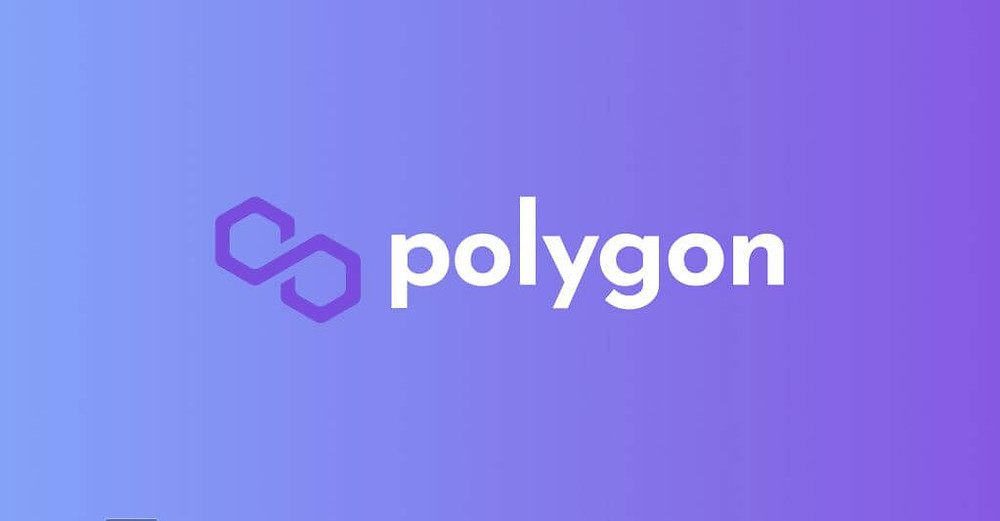
Understanding Polygon
The Polygon platform runs at the Ethereum blockchain and connects Ethereum-primarily based projects. It combines the best of Ethereum and sovereign blockchains into a full-fledged multi-chain system. The platform allows greater flexibility, scalability, and sovereignty for blockchain projects and authority over blockchain projects while providing the security, interoperability, and structural advantages of the Ethereum blockchain’s network effect.
According to the developers of Polygon, and written on the official Polygon website, the platform can fully benefit from Ethereum’s network effects, is inherently more secure, more open, and more powerful.
Polygon uses a modified Proof of Stake consensus mechanism to reach consensus on each block. (To achieve peace with traditional Proof-of-Stake, many blocks need to be processed to reach an agreement.) MATIC must be submitted in exchange for the right to be verified. Agree to disagree. Trade or sell network deals. Successful validators on the Polygon network are given MATIC.
As a secondary scaling solution, Polygon Network aims to overcome the limitations of the Ethereum platform: High transaction fees and slow speed. Polygon can:
- Deploy present blockchain networks and increase custom blockchains
- Allows communication between Ethereum and other blockchains
- Make existing blockchain networks compatible with Ethereum
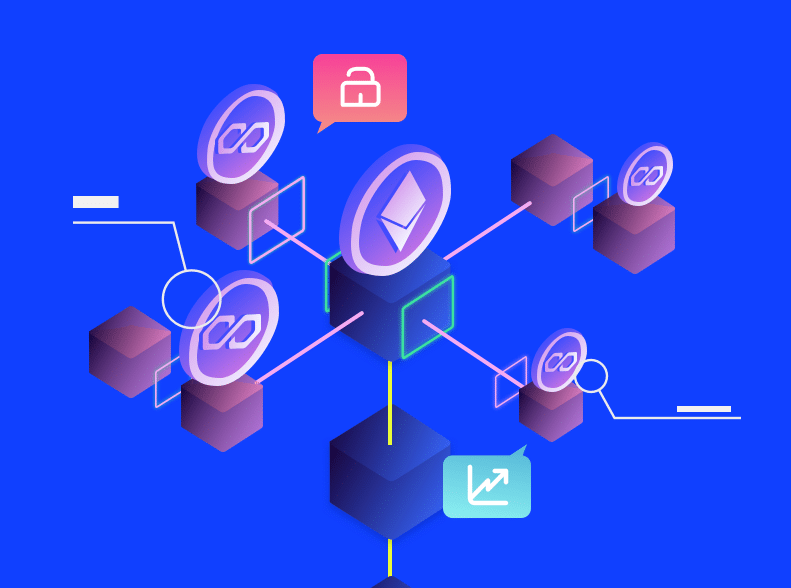
Advantages and Disadvantages of Polygon
Being a layer 2 or secondary scaling solution, there are some strengths and weaknesses to Polygon.
The strengths of Polygon include:
- Fast transaction processing: By using a consensus mechanism that completes the monoblock transaction confirmation process, Polygon can maintain fast transaction processing speeds. Polygon’s average block processing time is 2.1 seconds.
- Low Transaction Fees: Polygon keeps the platform’s cost down, with a typical transaction fee of around $0.01.
The weaknesses of Polygon include:
- Not a standalone blockchain: Polygon is a layer two solution that runs on the Ethereum platform. If the Ethereum platform is severely disrupted or defunct, Polygon will likely lose value.
- Limited use cases for MATIC: The MATIC token is designed to manage and secure the Polygon platform and to pay transaction fees. Unlike some digital currencies, MATIC is not typically used for everyday purchases.
Polygon V.S. Ethereum
Ethereum is a standalone decentralized, open source blockchain with smart contract functionality. Ether (symbol “ETH”) is the is the native cryptocurrency of the platform. Ethereum used to be running on a Proof-of-Work consensus mechanism and has recently transitioned into a Proof-of-Stake consensus mechanism. Ethereum is generally considered to be relatively unscalable due to considerable network cost per transaction and low volume of transactions processed.
Polygon is a compatible and complementary secondary scaling solution to the Ethereum blockchain, built to solve Ethereum’s scalability issues. Polygon aims to improve Ethereum as a blockchain development network. Polygon complements Ethereum by providing additional features related to security, blockchain sovereignty, user and developer experience, and modularity.
Future of Polygon
Polygon initiated Polygon Studios, a subsidiary of Polygon dedicated to blockchain games and non-fungible tokens (NFTs), in 2021. If successful, Polygon Studios can establish Polygon as a leading technology provider for decentralized games and NFTs.
Polygon has been widely used by game developers creating cryptocurrency games that run on the Ethereum blockchain, due to the high scalability of Polygon platform. In January 2022, Polygon welcomed a new Chief Executive Officer (CEO). Ryan Watts is from YouTube, where he joined Polygon and was responsible for games.
It is likely that that we will see many computer games created on the Polygon platform or use the MATIC token as an in-game transaction currency.
